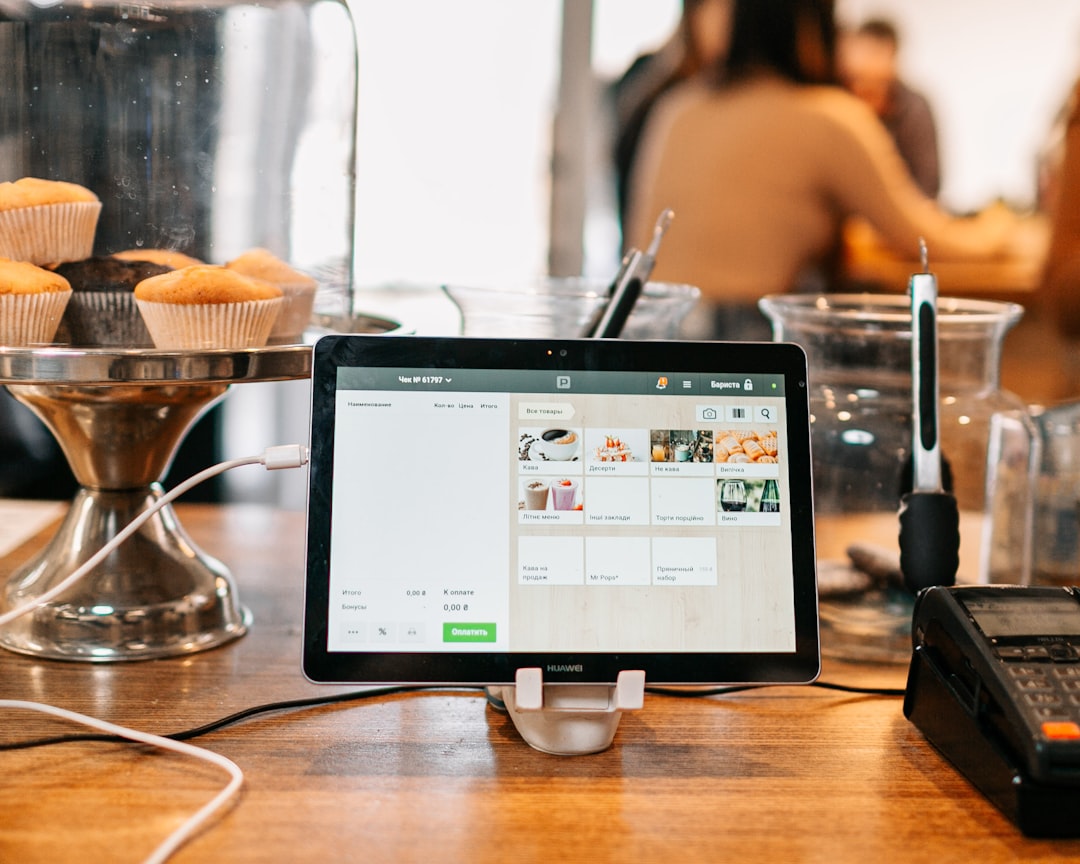What Is POS? Your Complete Guide to Point of Sale Systems
POS, or Point of Sale, is how many UK businesses manage transactions. Whether you run a small shop, a café, or a growing restaurant, a POS system helps you take payments, track sales, and issue receipts.
In addition, most systems now offer tools for stock control and sales reports. Moreover, they help improve staff performance and customer satisfaction. At POS Bookings, we compare top-rated systems. As a result, you can pick a solution that fits your business perfectly.

What Does POS Mean?
POS stands for Point of Sale. In short, it is where a transaction takes place. Traditionally, this meant using a till, card reader, and receipt printer. However, many businesses now use digital tools like touchscreen registers and cloud-based software.
Although cloud systems are becoming more common, many retailers still use traditional POS. This is because they are reliable and easy to use. In contrast, EPOS (Electronic POS) needs internet access and often requires more setup. Therefore, traditional POS is a great choice for locations with poor connectivity.
Furthermore, traditional systems require fewer updates and less troubleshooting. Consequently, they suit business owners who want reliability. Additionally, these setups usually cost less over time. In comparison, cloud solutions may have ongoing fees.

Key Features of Traditional POS Systems
POS systems offer useful features for small and medium-sized businesses. For example, they make checkouts faster, keep cash secure, and track inventory. Here are the main benefits:
-
Reliable Transaction Handling
These systems take payments via cash, card, or voucher. Even if the internet goes down, they keep working. As a result, you avoid losing sales. -
Printed Receipts
Customers get a printed receipt instantly. For instance, this helps with returns, VAT, and records. -
Barcode Scanning & Price Lookup
Staff scan items quickly. Consequently, checkout is fast and accurate. -
Secure Cash Drawer Integration
Drawers open only with staff approval. Therefore, you boost internal security. -
Simple Stock Control
POS systems track product levels. In turn, this helps prevent running out of key items.
Additionally, these systems are easy to teach to new employees. As a result, you save time on training. Moreover, simpler tools reduce support calls. Not only that, but your staff can learn to use them faster.

Who Needs a POS System?
Many UK businesses rely on POS every day. For example, any business that takes in-person payments can benefit. POS systems work especially well for:
-
Convenience Stores & Grocers
-
Clothing Shops
-
Cafés & Bakeries
-
Independent Retailers
-
Small Restaurants & Takeaways
-
Amusement parks
Ultimately, if you need fast, simple, and dependable service, a POS system is a smart pick. Because it handles daily sales, it keeps your shop running smoothly.
In addition, a POS helps meet tax and legal rules. Therefore, it supports both daily tasks and compliance. Furthermore, accurate records reduce costly mistakes. Likewise, a steady checkout process improves the customer experience.

Compare some of Best POS Systems in the UK
To make the right decision, compare options by price, features, and fit. Here’s a quick comparison:
|
POS Provider |
Price (Monthly) |
Features |
Best For |
Free Trial |
Our Rating |
|---|---|---|---|---|---|
|
Casio POS |
£199 (one-time) |
Cash till, printer, reporting |
Small retailers |
❌ |
4.4/5 |
|
Sam4s |
£150+ |
POS hardware, stock control |
Hospitality |
❌ |
4.5/5 |
|
Sharp POS |
£300+ |
Reliable tills, touchscreen |
Food & drink vendors |
❌ |
4.3/5 |
|
EPOS Bookings |
0.1%–0.4% per sale |
Hybrid EPOS, flexible plans |
Startups & SMEs |
✅ |
4.6/5 |
Each provider brings something different. Therefore, review your staff size, budget, and goals before you choose. In particular, check how features match your day-to-day needs. Furthermore, balance short-term savings against long-term value. Similarly, look for easy-to-use systems and helpful support.

Why Choose our POS Bookings?
At POS Bookings, we simplify your search. That is why we offer expert advice and special deals. Furthermore, we show you side-by-side comparisons to help you decide faster.
Moreover, we personalise suggestions based on your location and business type. As a result, you get options that make sense.
Whether you're opening a store or replacing old tills, our help saves you time. As a result, you avoid delays and make better choices. In addition, our network connects you with top-rated suppliers. Likewise, we help you get better prices and aftercare.

FAQs About POS Systems
Q: What’s the difference between POS and EPOS?
A: POS is a basic system with hardware. In contrast, EPOS adds cloud tools and insights. If you want reports or mobile access, EPOS might be better. On the other hand, traditional POS is often simpler. Therefore, many smaller shops prefer it. Similarly, EPOS fits businesses with both online and in-person sales.
Q: How much does a POS system cost?
A: Basic systems cost £150–£300. On the other hand, some charge per sale. Therefore, choose what fits your cash flow. In addition, factor in setup and training. Furthermore, check for hidden fees like software updates or hardware extras. Also, think about how easy it is to get help.
Q: Do POS systems work without internet?
A: Yes. In fact, that’s one of their top benefits. Because they run locally, they still work when offline. Consequently, you can keep selling. Moreover, offline use is great for rural or mobile setups. Additionally, it means fewer lost sales from tech issues.
Final Thoughts
The right POS system makes your business faster and easier to run. By comparing options and knowing your needs, you make a better choice. In conclusion, choose the system that fits your business today and tomorrow.
Furthermore, a good provider helps from setup to support. Therefore, check long-term help when picking a system. In addition, ask experts if you’re unsure. Lastly, pick a system that can grow with you.

Get Started Today
👉 Book a Free EPOS Consultation Today
💬 Contact Us for
Published on 3rd
Last updated on 3rd